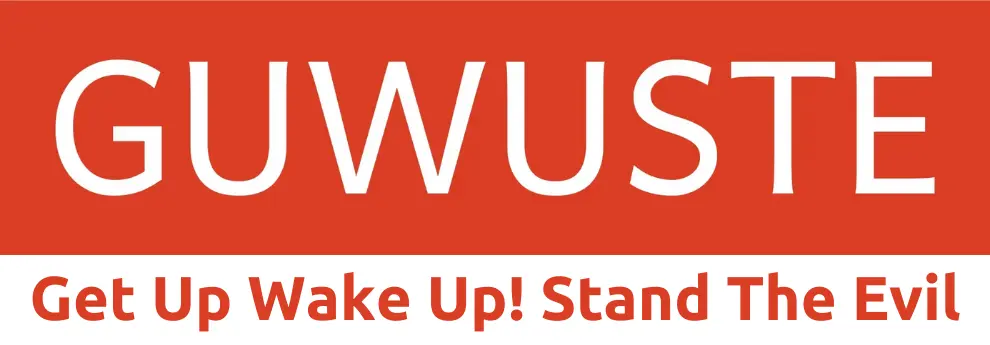Seeds and GMOs
15 May 2024
- Share:

Seeds and GMOs
The global elite-controlled seed companies' goal of seed control through intellectual property rights is harming farmers, nature and humanity.
Seeds are the foundation of our lives. Humanitarian seed companies play an important role in the agricultural sector by offering a wide range of products.These large global international seed companies are involved in seed development, production and marketing and serve farmers worldwide. They continue to tell the tale that they aim to contribute to the productivity of agriculture by increasing seed diversity through innovations in genetic engineering and biotechnology.
The global elite-controlled seed companies' goal of seed control through intellectual property rights is harming farmers, nature and humanity. These companies prefer to use genetically modified seeds to control food and generate revenue. In many states and governments, agricultural and biotechnology companies are bending GMO regulations, allowing new GMOs to be introduced into the market without safety testing, labeling or consumer information. People are protesting against the unscientific, undemocratic and ecological harms of GMOs and against the commercialization and patenting of nature.
So is it possible to stand up to the globalists who are trying to control food and seeds? Is there an example of this?
Yes, there is! The name of that country is Mexico...
The introduction of genetically modified GM maize in Mexico is a development with global implications; the people of Mexico have successfully sued companies such as Bayer-Monsanto, Syngenta and Cortiva Agriscience to ban the use of GM maize. Mexican civil society organizations are successfully leading a conscious resistance to genetically modified maize to ensure access to healthy, sustainable and culturally appropriate food for all.
Civil society organizations in Mexico have presented technical assessments with scientific evidence in this process, but the US refuses to conduct new experiments and engage with real science, perpetuating its unscientific claims and misinformation that GM maize consumption is safe.
Mexico has published evidence supporting measures to protect consumers against potential health risks associated with GM maize and glyphosate residues imported from the US. The US claims that Mexico's ban is unscientific, but the US is not a signatory to the Convention on Biological Diversity or the Cartagena Protocol on Biosafety. Moreover, it does not have a biosafety regulatory body to assess the safety of GM foods.
If a ruling goes against Mexico, it could limit the rights of Mexicans to determine which seeds they can plant and which varieties of maize they can consume according to the interests of global elites and international seed companies. This would jeopardize traditional Mexican food culture and cultural culinary heritage that is valuable to humanity.
Despite all this, it continues to unite with groups from around the world to fight against GMOs...
From March 12-16, a series of events took place in Mexico City to strategize against the global imposition of genetically modified organisms (GMOs) and seed companies. These events included an exchange of experiences and struggles to protect biodiversity, food and seed freedom. They increased support and solidarity between various organizations, movements and individuals. It brought together representatives of activists from across Latin America and beyond, creating a strong network of solidarity.
It is also worth mentioning an active figure;
José Bernardo Magdaleno Velazco is recognized in Mexico as a globally exemplary leader in agriculture and food sovereignty. As President of the Totikes Peasant Union, he actively defends the rights of farmers in the Chiapas region. In March 2023, he participated in a seminar organized by the Mexican Secretariat of Agriculture and Rural Development (SADER), where he spoke about food sovereignty and the importance of local small-scale agriculture. The seminar emphasized that food sovereignty is the foundation of Mexico's independence and that the protection of indigenous seeds and food systems will play a key role in future struggles. Turkey is a figure to be followed by agricultural organizations.
These events brought together people around the world to defend humanity's food heritage and resist GMOs.
The events in Mexico brought together different groups in the struggle for food and seed sovereignty. This united force, reinforcing solidarity even in different contexts, emphasized the value of common resistance. Activist groups and organizations called on governments to stop the use of genetically modified seeds that undermine food and agricultural systems that protect biological and cultural diversity.
These events proved that NGOs, platforms and individuals are stronger when united. Organizations and international relations need to be developed against GMOs as a tool of the global elite's one-world food policy. This united strength is an example of how it should be used in the ongoing struggle to defend life, diversity and freedom.
One of the conditions of sovereignty is food sovereignty;
Mexico's quest for autonomy based on its cultural richness and heritage is unique and commendable, with food sovereignty being a catalyst for political independence. It is significant in that it demonstrates the necessity of a broad sovereignty in which cultural and biodiversity are celebrated together, allowing biodiversity to flourish and organisms to grow and evolve freely, experts say. Leydy Pech, social communications representative of the Government of Mexico, said that the country's sovereignty starts with food sovereignty. She also spoke about how the spread of genetically modified organisms (GMOs) through force and coercion threatens life, showing the power of this influence.
Biodiversity commitment at all levels is vital.
The seminar, held in Mexico City, focused on the conservation of natural resources in countries with plant genetic diversity and the role of indigenous peoples in this process, reaffirming the vital role of farmers in conserving biodiversity through developing seeds that are resilient to climate change and supporting local ecosystems.
While it is unclear whether a worldwide resistance to the global elite's efforts to impose GMO seed and food imperialism as they move towards the great reset will begin, the importance of biodiversity conservation has become increasingly clear.We believe that the fundamental role of farmers in sustaining a healthy food culture must be recognized and that there is an urgent need to take a global stand against the spread of genetically modified organisms (GMOs).
This article addresses critical issues that every individual who values human dignity and freedom should be aware of, while also addressing the "invincibility" of the global elites and their collaborators scattered around the world.but rather to expose the fact that they will never achieve their goals against humanity, such as the " Great Reset", unless humanity allows them to do so.
Guwuste.com
Rise up and warn, put a stop to evil...
Do not forget to share if you like our article...






